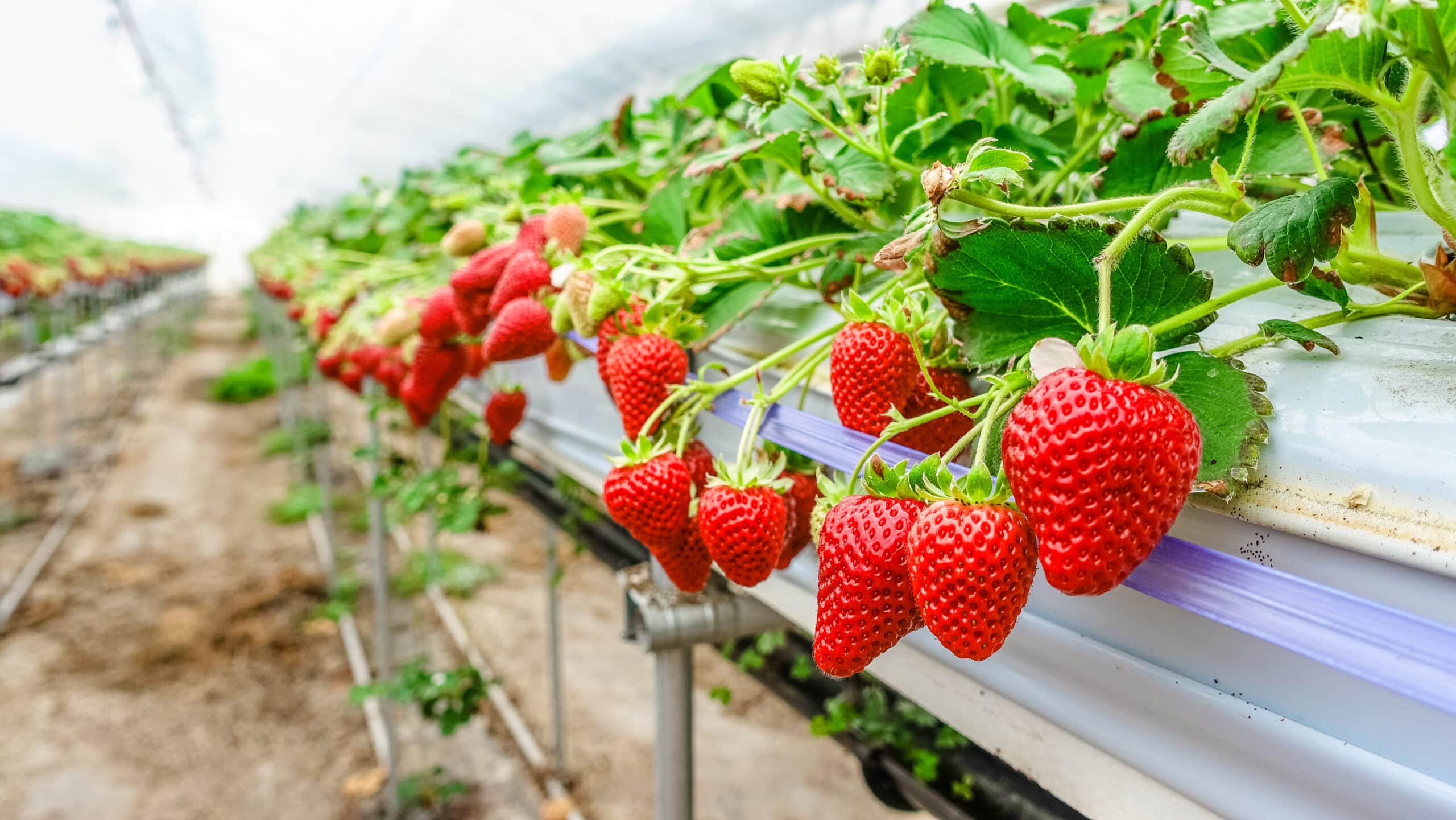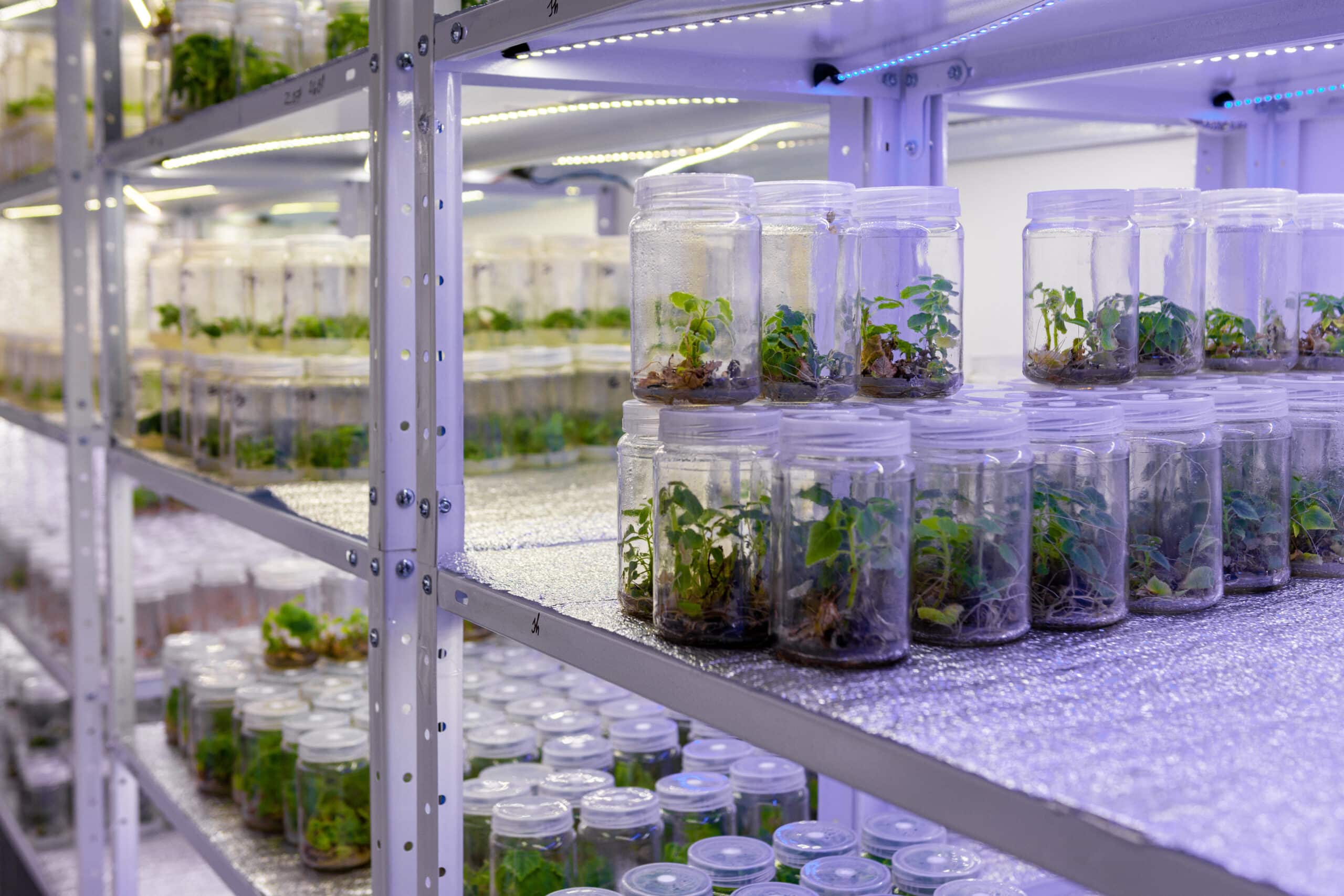The Kingdom’s water management projects
Saudi Arabia is a country characterised by vast deserts, sporadic oases, and the absence of permanent rivers. Because of this, the Kingdom has long faced challenges in securing sustainable water supplies for its population and its agricultural needs. As the country’s economy and population continue to grow, the strain on its water resources has become an urgent concern.
With a population growth rate of 1.5%, 2024 saw the Kingdom’s total population increase by over 600,000, putting immense pressure on the government to secure water resources. This has prompted regulators to implement numerous strategies that blend foreign land acquisition, technological innovation, and infrastructural improvements to better manage and preserve its scarce water resources.
These efforts are vital for addressing food security, promoting self-sufficiency, and supporting Saudi Arabia’s long-term development goals under Vision 2030. This article delves into the Kingdom’s water management projects and the innovative solutions it has pursued to tackle the challenges they face.
The challenge of water scarcity
Saudi Arabia’s arid climate means it receives little annual rainfall and has limited freshwater sources. As a result, non-renewable groundwater and energy-intensive desalinated seawater account for over 90% of the country’s total water supply.
The Kingdom’s water challenges are compounded by the role that agriculture plays in its economy. Despite its desert terrain, Saudi Arabia has historically pursued ambitious agricultural initiatives, often relying on water-intensive crops such as wheat, dates, and alfalfa. Agriculture consumes around 80%-85% of the Kingdom’s freshwater supply, compared to the global average of 70%. Many experts consider this figure unsustainable in the long term, especially given the country’s natural supply limitations.
The COVID-19 pandemic further exposed vulnerabilities in global food supply chains, prompting the Kingdom to place greater emphasis on food security and self-sufficiency. However, increasing domestic agricultural production has only heightened concerns over water scarcity, leading Saudi Arabia to adopt a range of innovative approaches to balance its water needs with its food production ambitions.
The role of agtech in water management projects
A cornerstone of Saudi Arabia’s water management projects has been the adoption of cutting-edge agricultural technologies (agtech), aimed at improving water efficiency in food production. The Kingdom is investing heavily in hydroponics, vertical farming, and other innovative agricultural practices that use significantly less water than traditional farming methods.
Hydroponics, for instance, has shown impressive results in the Kingdom, particularly for water-efficient crops like tomatoes and cucumbers. In recent years, output for these crops increased by 50%, largely due to the widespread use of hydroponics, which can reduce water usage by up to 90%.
The government has also provided financial incentives to encourage the adoption of such technologies. Loans and grants are available to cover a sizeable portion of the capital investments required for hydroponic and vertical farming systems. These technologies not only reduce water consumption but also increase agricultural productivity, helping Saudi Arabia to meet its food security goals while conserving its water supply.
Investment in agtech companies for water management projects
Saudi Arabia is also looking beyond its borders for technological solutions to its water challenges. In 2019, the Kingdom invested $9 million in British agtech firm Hummingbird Technologies. The company uses drones and AI to create high-resolution maps that help farmers forecast crop stress, predict yields, and optimise water use. This technology is particularly valuable in a desert environment, where precision farming techniques help in minimising water waste.
Water supply infrastructure investment
In addition to its agricultural initiatives, Saudi Arabia has made significant investments in its water supply infrastructure. Recognising that the scope of effective water management projects extends beyond agriculture, the government is focusing on building an efficient and resilient water transmission and distribution network.
In 2020, the Kingdom launched the Water Transmission and Technologies Company (WTTCO), a new entity responsible for managing over 8,000 kilometres of water transmission lines. These lines distribute more than seven million cubic metres of desalinated water across the country each day. As part of Saudi Arabia’s Vision 2030, WTTCO works to enhance the efficiency and sustainability of Saudi Arabia’s water sector while driving innovation in water technology and research.
Desalination is a critical component of Saudi Arabia’s water supply strategy. The Kingdom is already the world’s largest producer of desalinated water (accounting for 35% of desalination activity in the MENA region), and ongoing investments in desalination technologies will increase output and reduce environmental impact. Innovative technologies such as reverse osmosis and solar-powered desalination are being explored as more energy-efficient and sustainable alternatives to traditional desalination methods, which are highly energy-intensive and demand 25% of the Kingdom’s energy supply.
Water management and conservation policies
Beyond investments, Saudi Arabia has implemented a range of policies designed to encourage water conservation and more efficient water use. The National Water Strategy 2030 outlines key objectives for reducing water consumption, promoting sustainable practices for upcoming water management projects, and improving water governance.
One of the strategy’s main goals is to reduce domestic freshwater consumption, which is among the highest in the world at over 250 litres per capita. This is a crucial issue to tackle as over 90% of the Kingdom’s water originates from unrenewable sources, namely groundwater mining and desalinating sea water. Public awareness campaigns, coupled with the introduction of tiered water pricing, aim to incentivise more responsible water use among households and businesses. The government is also working to reduce water losses from its distribution networks, which can reach up to 25% in some areas.
At the same time, Saudi Arabia is promoting the reuse of treated wastewater for agriculture and industrial purposes. By treating and reusing wastewater, the Kingdom can reduce its reliance on freshwater sources for non-potable activities.
Outlook on water management projects
The challenges Saudi Arabia’s water management projects face are significant, but the Kingdom is taking bold steps to address them. Through a combination of foreign land acquisitions, innovative agricultural technologies, infrastructure investments, and conservation policies, the country is working to ensure that its water resources are managed sustainably.
The success of these efforts will be critical for achieving food security and self-sufficiency in a region where water is scarce. As the world continues to grapple with the impacts of climate change, Saudi Arabia’s innovative approach to water management could serve as a model for other countries facing similar challenges. By leveraging technology and investing in resilient infrastructure, the Kingdom is positioning itself to meet the demands of its growing population while preserving its most precious resource – water.
Saudi Arabia’s commitment to sustainable water management offers hope that the country can overcome its water scarcity challenges and secure a sustainable future for generations to come.
Building robust and efficient water management systems
In arid landscapes, the careful management of water procurement and usage is crucial, as it directly ties in with the efficiency and productivity of local food production. In particular, the effort of Saudi Arabia to establish innovative new farming methods that carefully manage water usage is impressive, with the successful adoption of vertical farming systems and controlled environment agriculture boding well for future self-sufficiency in Saudi Arabia and the broader Middle East.
Farrelly Mitchell is committed to finding innovative water management solutions, holding deep knowledge on the efficacy and implementation of CEA, vertical farming, and hydroponics. Our commercial and technical specialists conduct comprehensive feasibility studies and due diligence to assess the viability of indoor farming facilities and advise on optimal crops, layout, and technologies. Get in touch today to find out more.














